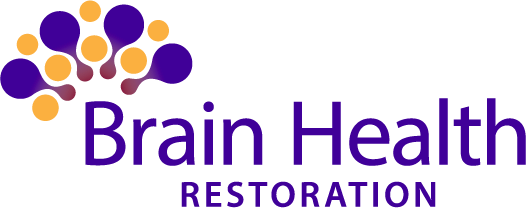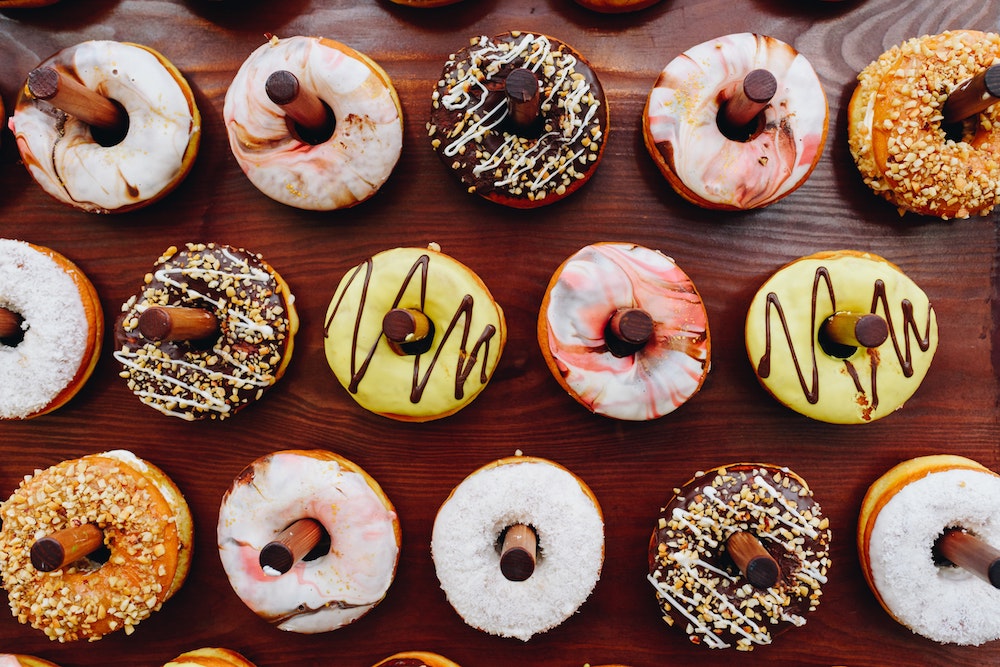You know that feeling when you just HAVE to have some chocolate or a bag of potato chips. Now. You are one of nearly 50% of people who experience food cravings. Women are twice as likely to experience them as men. Much of this is attributed to our complex hormonal systems and changes which makes decreased cravings harder to achieve for women.
When it comes to food cravings, there is an activation in three deep regions of the brain: the hippocampus, insula, and caudate, according to research from the Chemical Senses Center. Those regions are powerfully linked to our memory, emotions, and reward centers1, which can cause us to feel good – or at least better – when we eat certain foods.
Where Do Cravings Come From?
Both physiology and psychological components may be contributing to mindless consumption.
Real Hunger: A normal and healthy response, the body wants fuel when the tank is low.
Nutritional Deficiencies: Our bodies are intelligent, if you are really listening, yours might tell you exactly what it needs. For instance, you might be craving citrus if fighting a cold or extra iron during menstruation. A craving for chocolate might be an indication of low magnesium levels.
Thirst: Many times we are just dehydrated, which will trigger what we think is hunger. Try a big glass of water first and then judge whether you actually need other nourishment.
Low Sugar Levels: The body goes into alert mode when blood sugar levels become too low. Unfortunately, that is when we crave sugary snacks. Maintain your blood sugar levels by eating enough protein (mentioned above) and have full healthy meals that include plenty of whole foods and greens.
Adrenal Fatigue: Being overly stressed can overtax your adrenal glands, leading to increased cortisol levels and creating hormone imbalances.
Hormone Imbalances: An imbalance of hormones, such as leptin and serotonin, can also cause food cravings. It is also possible that food cravings are due to endorphins that are released into the body after someone has eaten, which mirrors an addiction.2 One body response is carb craving since it takes carbohydrates to create serotonin.
Overactive/Overabundance Bad Gut Bacteria: When the good and bad gut bacteria are out of balance, the bad can become overactive. Their food choice? Sugar. And as we mentioned, our bodies are smart and that is exactly what you will crave.3
Poor Sleep: According to a recent Healthline article, “Your appetite is largely affected by hormones that fluctuate throughout the day. Sleep deprivation disrupts the fluctuations and may lead to poor appetite regulation and strong cravings (19Trusted Source, 20Trusted Source). Studies support this, showing that sleep-deprived people are up to 55% more likely to become obese, compared to people who get enough sleep (21Trusted Source).” To read the whole article, click here.
Food Messaging: Marketing and advertising works! Case in point: have you ever walked by a Cinnabon store at your local shopping mall?
Stress, Anxiety, Depression, Loneliness, Sadness, Boredom, Stress, Being Uninspired: This may be the question of the chicken or the egg. Hormonal imbalances may be contributing to any of these emotions or these emotions may be contributing to hormonal imbalances through adrenal fatigue responses. Either way, they can lead to mindless food consumption.
Memories/Associations: Childhood favorite foods, comforting meals and special treats associated with certain activities are all examples of ingrained triggers to eat. Be mindful, identify the emotional component to this particular craving and decide whether it is the correct choice for you right now.
What Are Some Tips for Decreased Cravings?
Be mindful. As with many healthy choices in life, being mindful and present may be the first line of defense. Check-in with yourself to see if it really is physical hunger, or is this an emotional response or being used as a comfort in a difficult situation?
Get good sleep. The importance of sleep as a foundation of good health is underrated, and cravings/addictions are one more component of it.
Substitute good habits for bad. If you find yourself wanting that unhealthy and unnecessary afternoon snack, have a glass of water and go for a walk or take a few minutes to meditate.
Choose to eat whole foods and plenty of protein, leafy greens, and whole grains if in your diet plan. Try to avoid processed foods, added sugars and preservatives, which not only contribute to weight gain but also have addictive qualities.
Get professional help. A good counselor or psychiatrist might be able to help with decreased cravings by unpacking any underlying stress and mental health issues acting as the root of emotional overeating. Likewise, a good physician can help discern physical imbalances that could be contributing to the issue. Ask your primary care doctor for referrals and any testing he/she might recommend.
Brain Health Restoration offers Magnetic e-Resonance Therapy (MeRT℠) a fully customized treatment protocol with expected benefits that include decreased cravings, better sleep, and improvement in anxiety and depression. For more information, please contact our brain health clinic.
1Campbell, Polly. “Easy Ways to Curb Cravings.” Psychology Today, Sussex Publishers, 29 Oct. 2015, www.psychologytoday.com/us/blog/imperfect-spirituality/201510/easy-ways-curb-cravings.
2Johnson, Jon. “Food Cravings: Causes, Reducing and Replacing Cravings.” Medical News Today, MediLexicon International, 16 July 2017, www.medicalnewstoday.com/articles/318441.php%23How-to-reduce-food-cravings.
3Stevens, Bonnie, and Nadia Neumann. “6 Underlying Root Causes of Cravings.” Body Unburdened, 20 Oct. 2017, bodyunburdened.com/root-causes-of-cravings/.

